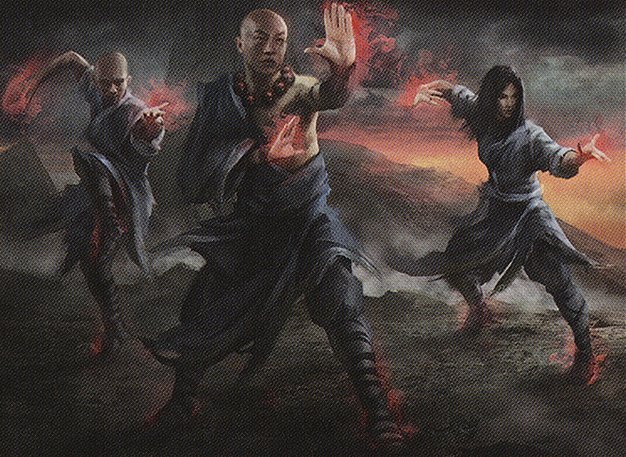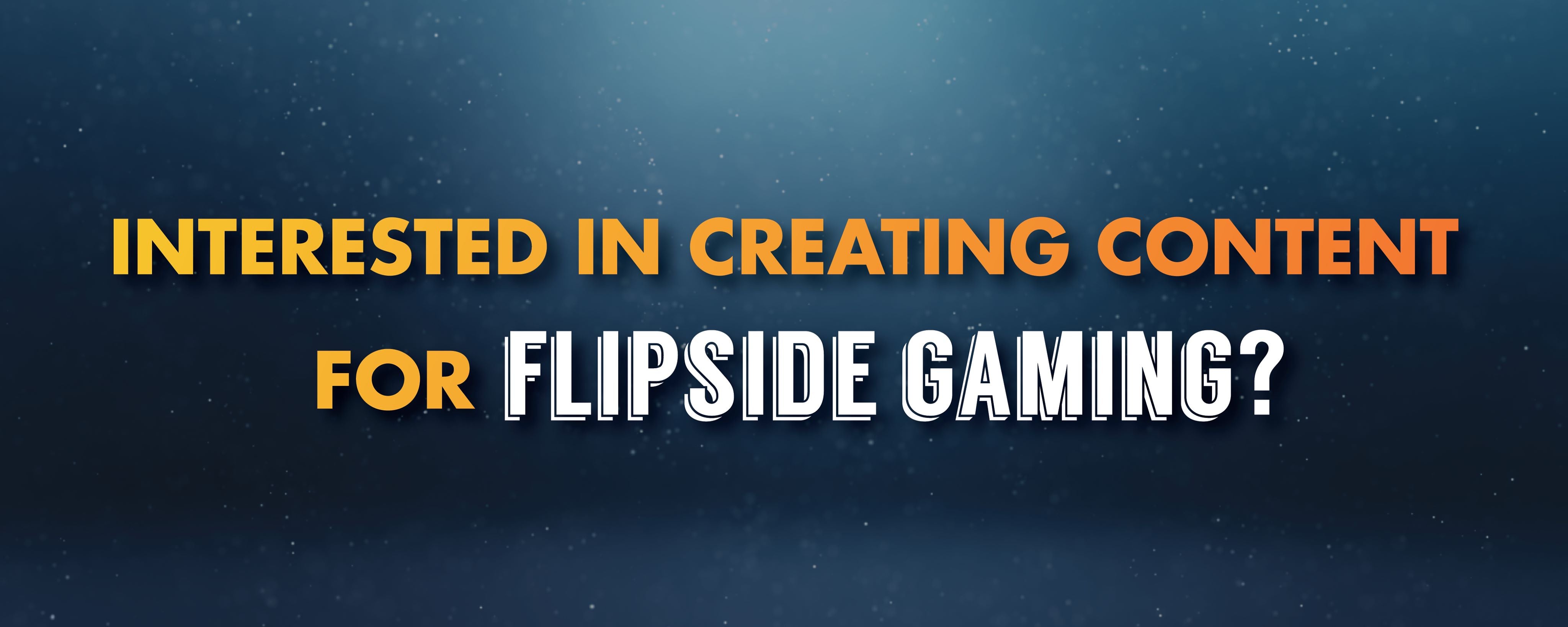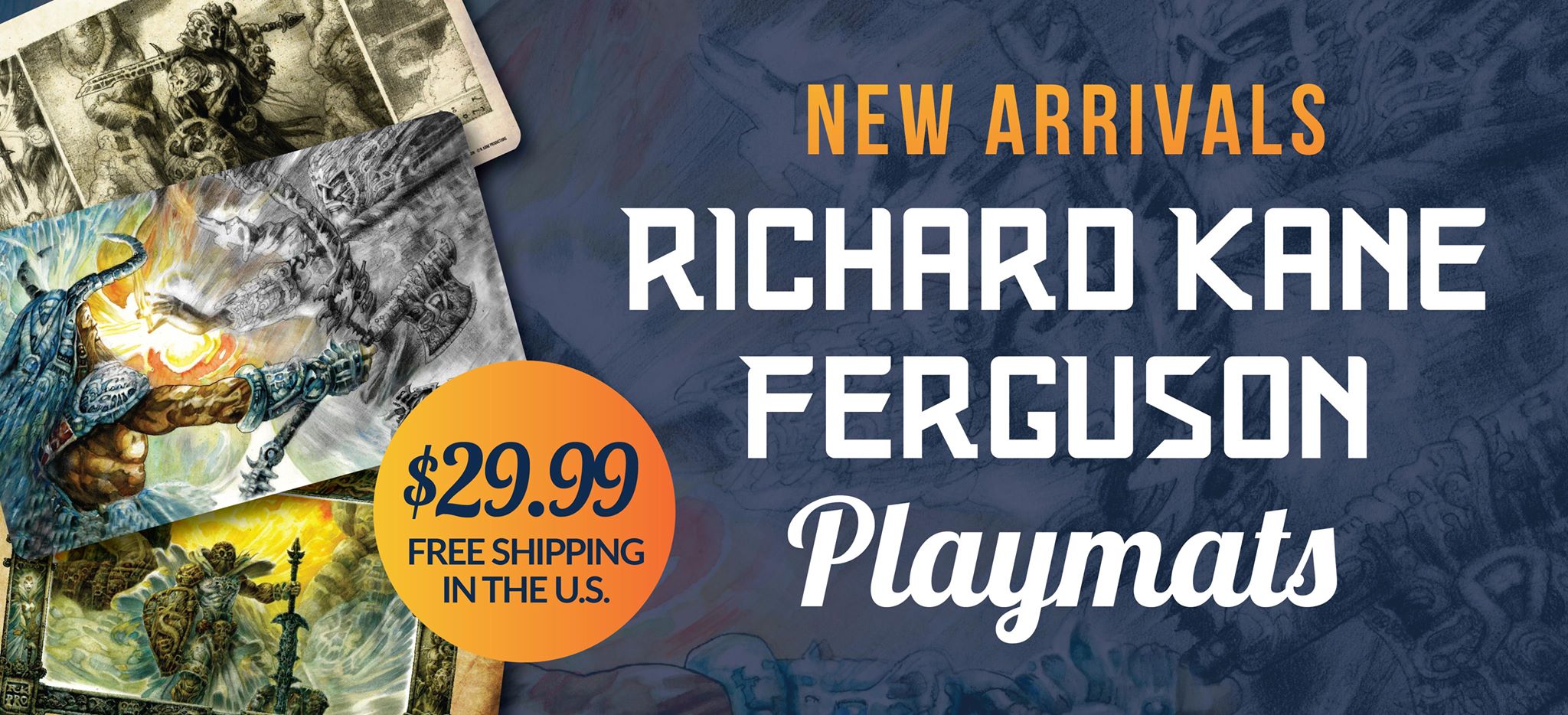Going From MTG Arena to Tabletop Paper Magic

For over a year almost every Magic player has been stuck inside, not allowed to go to any in person events. This led to players logging into MTG Arena or MTGO to try and scratch that competitive itch for their favorite format, and for some, discover whole new ones. However, Magic is more popular than ever, and for many MTG Arena was their first exposure to sitting down and playing a game. For those it won’t be a return to their local game store, but a first-time visit, equipped with the knowledge they have from their time spent playing whichever online client they chose. While “The Gathering” part of Magic may be intimidating to many first-timers, those who have played online versions should already have a strong grasp of the general format in which they are playing (essentially enough exposure to know which cards they will be seeing everywhere). However, there are some other key differences to playing in person. Once upon a time I both judged, and hosted events, and while this article may not serve as a guide for everywhere, I hope that after reading it, those on the fence about transitioning from online to tabletop will have no fear of doing so at all.
Sideboarding

Grave Exchange - Wolfe Connelly
If you played on MTGO exclusively, then sideboarding should be no stranger to you! It’s the same as it is in tabletop. In Magic Arena, however, you are limited to a 7 card sideboard in singleton. This can be confusing to those transitioning to best of 3 tabletop formats, and I would suggest looking at sideboard guides when building a deck. While every sideboard will look wildly different, it's never advisable to show up to a match without a full 15 card sideboard, and doing a bit of research will help you win some games your first time at a Friday Night Magic event.
Timing

Impeccable Timing - Kev Walker
Unfortunately Magic has different timings in all three of its versions. Magic Arena uses both a chess clock and a “Rope” feature, MTGO uses a chess clock, and tabletop gives 50 minutes + 5-turns per round. Fortunately, the amount of time you are given in tabletop games is more than enough time to finish a best of three rounds. Many players their first time around are intimidated by the fact that a time limit exists during their match, and will worry that they will play at such a slow pace that they will never be able to finish a game. While slow play warnings do exist, they are very rare and are usually reserved only when certain decks take an excessively long time to win (I.E Lantern Control in Modern). The best advice I can give you here is to play at your own pace and if you are worried about going slow, you will eventually speed up the more games you play.
Communication

Strategic Planning - Matt Stewart
You may have heard this a million times in your life, but especially in Magic, communication is vital. Communication is not only the key to making sure that both you and your opponent have fun, but is also important in ensuring that everything that is happening in the game is what you meant to happen. In Magic Arena, and MTGO, if you want to hold priority at someone’s draw step, maybe you have a Vendilion Clique or Kolaghan's Command to cast, you simply click a button and the game will stop at the right time. In tabletop games, things can go very differently. If you want to stop at the opponent's draw step you need to communicate it to your opponent so that they do not think they are in their Main Phase and have priority. The same is true if you have any responses to spells, if you want to cast something at the endstep, etc. Additionally, every player is different, and will communicate what they want to do differently to you. In which case, don’t be afraid to ask questions! As discussed earlier, you will be allotted 50 minutes to play in a best of three with your opponent, allowing both of you ample time to discuss how things will resolve properly, and will lead to an overall better experience for the both of you.
Making Mistakes

Tragic Slip - Christopher Moeller
At almost every venue for a Magic tournament there will be a judge available to answer questions about card interactions, or what to do if a card was put into a zone it was not supposed to go into. Having been a judge myself, I can guarantee you that we are there to help as much as we can, no matter how big or small the problem may be. However, we cannot help you unless you ask for the help, or we know that an issue exists. If you do run into a problem, find out through any local players or event organizers how to best reach the judges, and they will hopefully be with you as soon as they can. Mistakes happen in the game happen all the time even to the best players, and while you should try your best to avoid them, making a mistake is not the end of the world, and your friendly neighborhood judges are there to help!
Know the People in Charge Where you Play

Bloodfire Enforcers - Yefim Kligerman
This goes hand in hand with the section above because if you have a problem, you need to know who to go to in order to fix it. This can be your opponent being late or missing, knowing how many rounds are left in the tournament, how much time is left within a round, etc. Moreover, take some time to introduce yourself to the tournament organizers and the staff, because if you are there often, you will be spending a lot of time with them in the long-run.
Competitive Anxiety

Enter the Unknown - Howard Lyon
Sometimes no matter how much you can prepare for your first tournament, you still have butterflies in your stomach all the way and up to sitting down for your first tabletop game. All of which is completely normal! If you are scared that the event you have just signed up for is too competitive for you, I would check with your event organizers to make sure that the event you are in is the one that is right for you. Many local game stores offer a great array of events for players of all different skill levels, and I would suggest you take full advantage to find the event that you are most comfortable in. Trust in your local event organizers as it is their job to build great events for all different kinds of players and they do a great job at it.
At the end of the day this is a hobby and community that is both very welcoming and has a corner for just about anybody. If you are on the fence about whether or not to make the trip out to your local game store, I hope this article helped to convince you that you should at least try it once. Let me know in the comments how your first trip back, or first trip in general went!










